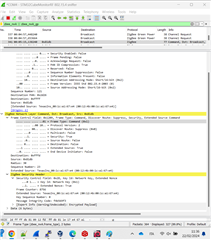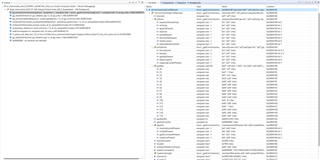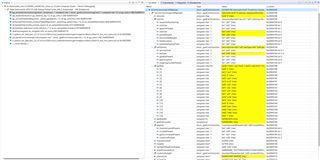I have a problem to paring with a green power device. My device works as a sink. In my tests I used the zc_thermostat_sink_CC26X2R1_LAUNCHXL_tirtos_ccs example to communicate with the green power device.
Obviously first I was able to communicate if the gpd_temperaturesensor_CC26X2R1_LAUNCHXL_tirtos_ccs example.
But when I try to use a real green power device, the frame is dropped from the stack. The gp_SecurityOperationSink function returns "GP_SEC_RSP_DROP_FRAME" (line 1060 - gp_sink.c).
The package sent by the sensor is a 0xE3 (channel request) but I can see that this kind of the package was not treated in this part of the code.
The device send to the sink a GP Channel Request, wait from a GP Chanel configuration and respond with a GP Commissioning.
I tried to attach the wireshark capture using another sink device but without success.
Thanks,




